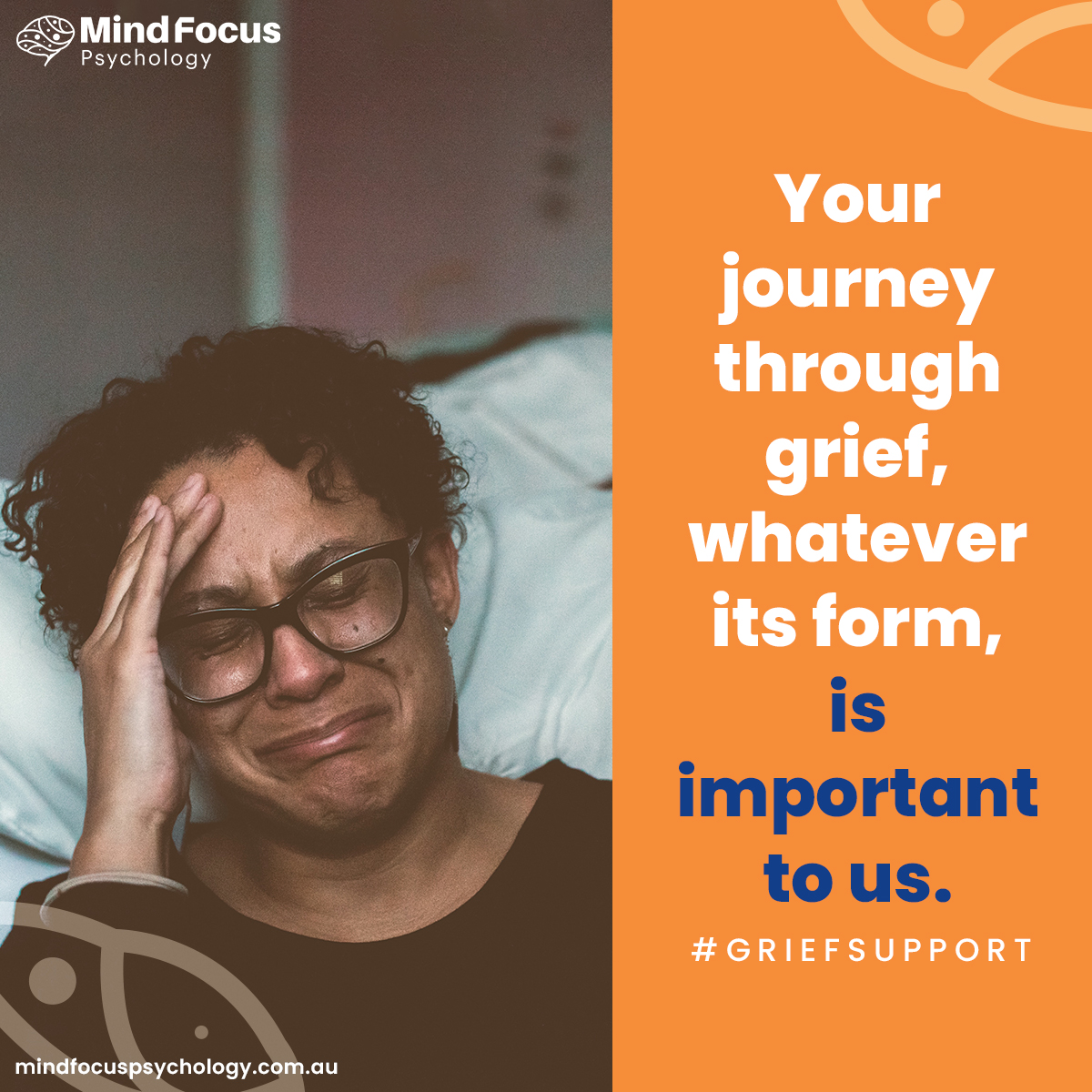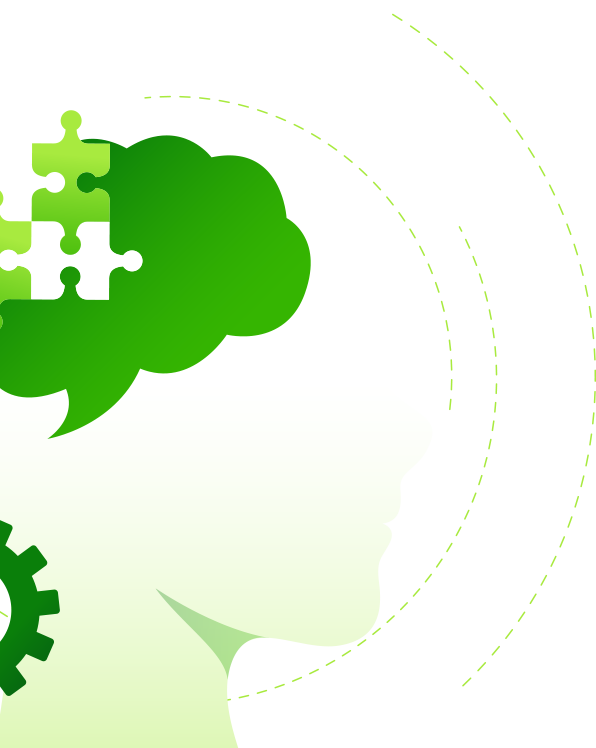
July 2, 2024
Navigating Grief’s Landscape: Embracing All Forms of Loss
Grief is a profound emotion that we often associate with the loss of a loved one. However, grief’s landscape is vast and varied, touching many aspects of our lives beyond death. It echoes through the voids left by relationships, careers, and numerous other significant changes.
The Many Faces of Grief
Grief can manifest in several ways, each uniquely impactful and challenging:
- Loss of a Loved One: This is the most recognized form of grief, involving the deep sorrow and longing following the death of someone dear. The emotional pain can be overwhelming and affect every aspect of life.
- End of a Relationship: Whether it’s a breakup, divorce, or estrangement, the end of a significant relationship can lead to intense feelings of grief. The dreams and plans you shared vanish, leaving a profound sense of emptiness.
- Career Changes: Losing a job or facing a career transition can evoke grief similar to personal losses. Your identity, daily routine, and financial stability can be disrupted, leading to feelings of uncertainty and despair.
- Life Transitions: Major life changes, such as moving to a new city, retiring, or children leaving home, can also trigger grief. These transitions often involve letting go of the familiar and facing the unknown, stirring up a range of emotions.
Understanding the Nature of Grief
Grief is not a linear process; it is a deeply personal journey that varies from person to person. There is no “right” way to grieve, and the emotions associated with grief can be unpredictable. Some common feelings experienced during grief include:
- Sadness and Loneliness: A profound sense of loss can lead to deep sadness and feelings of isolation.
- Anger and Frustration: It’s common to feel anger towards the situation, others, or even oneself.
- Guilt and Regret: You may find yourself reflecting on what could have been done differently.
- Confusion and Disorientation: Major changes can disrupt your sense of normalcy, leading to feelings of confusion and disorientation.
- Acceptance and Adjustment: Over time, you may begin to accept the loss and adjust to a new reality.
Coping with Grief
While grief is a natural response to loss, navigating its complexities can be challenging. Here are some strategies to help manage and cope with grief:
- Acknowledge Your Feelings: Allow yourself to feel and express your emotions without judgment. Bottling up feelings can hinder the healing process.
- Seek Support: Sharing your grief with trusted friends, family, or support groups can provide comfort and understanding.
- Take Care of Yourself: Grief can take a toll on your physical health. Ensure you are eating well, getting enough sleep, and engaging in regular physical activity.
- Create Rituals: Establishing rituals or traditions can help you honor the loss and create a sense of continuity.
- Seek Professional Help: Therapy or counseling can provide a safe space to explore your feelings and develop coping strategies.
Finding Meaning and Moving Forward
Grief can be an opportunity for personal growth and transformation. While the pain of loss may never fully disappear, many people find ways to integrate their grief into their lives, discovering new sources of meaning and purpose. This process often involves:
- Remembering and Honoring: Keeping the memory of what was lost alive in meaningful ways.
- Embracing Change: Accepting that life will be different and finding ways to adapt to new circumstances.
- Building Resilience: Developing the strength to face future challenges with a deeper understanding of your own capabilities.
Grief, in any form, is a significant journey that deserves acknowledgment and care. Whether mourning a loved one, a relationship, or a job, understanding and embracing the multifaceted nature of grief can help you navigate this complex landscape with compassion for yourself and others.
Ready to embrace your journey and find strength in vulnerability? Reach out to MindFocus Psychology for support and take the first step towards healing.



